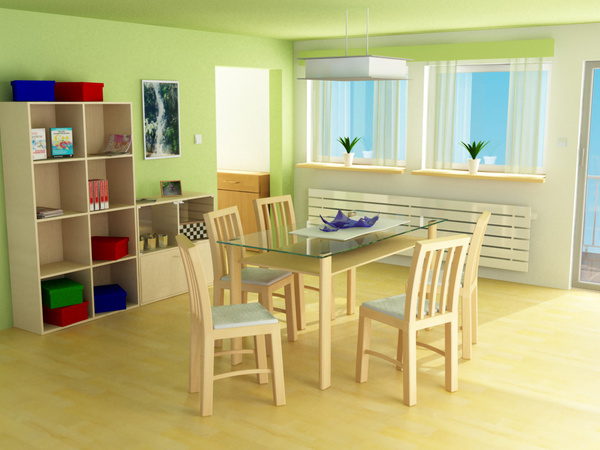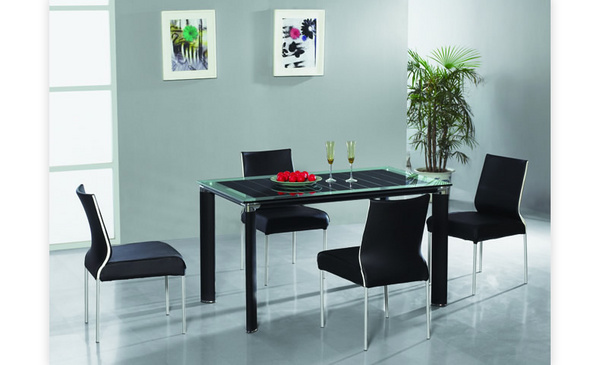As an industry insider, Wen Shiquan strongly advises consumers to focus on the environmental safety of furniture when making a purchase. It’s best to avoid products that lack proper guarantees or certifications. How can you choose high-quality furniture? Together with the decoration guide, we’ve compiled four essential "tricks" to help you make smarter choices and protect your interests while shopping for furniture.
The furniture market is full of both genuine products and misleading options, which often leaves consumers confused and frustrated. With increasing disputes in furniture purchases, it's more important than ever to be informed. Here are four key tips and precautions to keep in mind when buying furniture.
**Furniture Renderings**

**4 Essential Tips for Buying Furniture:**
1. **Receipts Can’t Replace Invoices**
When purchasing furniture, some sellers may suggest using a receipt instead of an invoice, claiming that there's no profit left after tax. However, this can put you at a disadvantage if any quality issues arise later. Without a proper invoice, it's extremely difficult to claim your rights or seek compensation. Always insist on receiving an official invoice.
2. **Try to Buy from Mall Stores**
Whenever possible, opt for furniture sold in shopping malls. Many furniture brands rent space in malls, but some may disappear once their lease ends. If you encounter quality problems after the fact, the mall might not take responsibility. Shopping at malls usually means more accountability and better consumer protection.
3. **Check for “Unfair Clauses†in Contracts**
Always use a standardized sales contract provided by the local industrial and commercial department. Be sure to verify details such as the model, style, and materials of the furniture. Avoid letting merchants customize terms too easily, as some may include hidden “unfair clauses†that work against the buyer.
4. **Verify the Seller’s Credentials**
Make sure the seller has the proper qualifications to sell furniture. For example, if they claim to offer imported or well-known brands, ask for brand authorization letters, customs documents, and environmental certification. This helps ensure the product is legitimate and safe.

**Furniture Purchase Precautions:**
As an insider, Wen Shiquan emphasizes the importance of environmental protection when choosing furniture. Here are three things to avoid:
1. **Avoid Extremely Low Prices That Are Too Easy to Bargain For**
If a product is priced very low and allows for heavy bargaining, it could be a red flag. Some furniture is made with low-quality materials, and the cheap price might hide serious quality issues. Be cautious of deals that seem too good to be true.
2. **Don’t Buy Furniture with a Strong Odor**
If the furniture has a strong, pungent smell—especially when opening cabinets or drawers—it may contain excessive formaldehyde, which is harmful to health. Such furniture should be avoided. If you do end up purchasing it, try to air it out thoroughly before use.
3. **Avoid Wood-Based Panels That Aren’t Fully Sealed**
Wood-based panels like particleboard must have their edges properly sealed to prevent the release of harmful substances. However, many manufacturers cut corners by only sealing parts of the edges. This type of furniture is best avoided to ensure a safer living environment.
By being aware of these tips and staying informed, you can make wiser decisions and protect yourself from potential risks when buying furniture.
Foshan Gruwill Hardware Products Co., Ltd. , https://www.zsgruwill.com
![<?echo $_SERVER['SERVER_NAME'];?>](/template/twentyseventeen/skin/images/header.jpg)